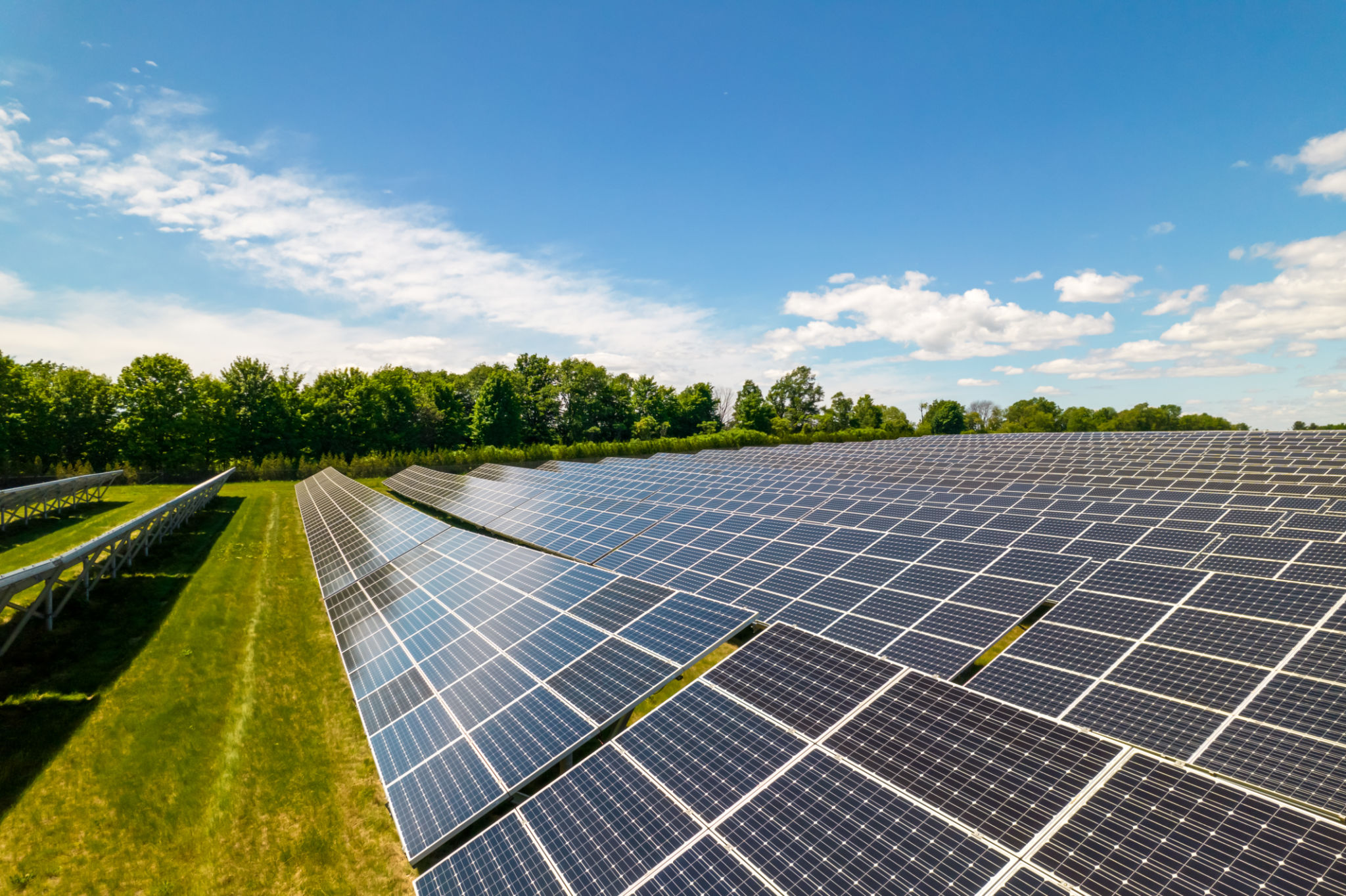The Importance of Eco-Friendly Renovation Practices
Understanding Eco-Friendly Renovation
Eco-friendly renovation practices are becoming increasingly important as we strive to create more sustainable living environments. These practices focus on reducing the environmental impact of renovations and promoting energy efficiency, waste reduction, and the use of sustainable materials. By adopting eco-friendly renovation methods, homeowners can contribute to a healthier planet while also enjoying the benefits of a more efficient and cost-effective home.
One of the key aspects of eco-friendly renovation is the choice of materials. Opting for sustainable materials like bamboo flooring, recycled tiles, and low-VOC paints can significantly reduce the carbon footprint of a renovation project. These materials not only minimize environmental impact but also promote better indoor air quality, which is crucial for the health and well-being of the occupants.

Energy Efficiency and Cost Savings
Improving energy efficiency is a major component of eco-friendly renovation practices. By incorporating energy-efficient appliances, LED lighting, and smart home technology, homeowners can significantly reduce their energy consumption. This not only leads to lower utility bills but also decreases the overall demand on energy resources.
Moreover, adding insulation to walls, roofs, and floors can help maintain a comfortable indoor temperature throughout the year. This reduces the need for heating and cooling systems to work overtime, further cutting down energy usage and costs. Homeowners can also consider installing solar panels to generate renewable energy, making their homes even more sustainable.

Waste Reduction and Recycling
Renovation projects often produce a significant amount of waste, from old fixtures to leftover materials. Eco-friendly renovation practices emphasize minimizing this waste through careful planning and recycling. By salvaging and reusing materials such as bricks, wood, and metal, homeowners can reduce the amount of waste that ends up in landfills.
Another effective strategy is to donate or sell unwanted items that are still in good condition. This not only helps reduce waste but also supports local communities by providing affordable building materials to others. Engaging with local recycling programs can further ensure that any discarded materials are disposed of responsibly.

The Role of Water Conservation
Water conservation is another critical aspect of eco-friendly renovations. Implementing water-saving fixtures such as low-flow toilets, faucets, and showerheads can significantly reduce water usage without compromising performance. Additionally, installing rainwater harvesting systems can help capture and reuse rainwater for irrigation or other non-potable uses.
By focusing on water conservation during renovations, homeowners can contribute to the preservation of this precious resource while also lowering their water bills. The integration of greywater systems is another advanced solution that recycles water from showers and sinks for use in toilets or landscape irrigation, further enhancing water efficiency.
Creating Healthier Living Spaces
Eco-friendly renovation practices not only benefit the environment but also contribute to healthier living spaces. The use of non-toxic materials and improved ventilation systems ensures better indoor air quality, reducing the risk of respiratory issues and allergies. Additionally, natural lighting solutions such as skylights and larger windows can enhance mood and well-being by providing more daylight exposure.

Ultimately, embracing eco-friendly renovation practices is a win-win situation for both homeowners and the environment. By making conscious choices in materials, energy use, waste management, and water conservation, individuals can create homes that are not only aesthetically pleasing but also environmentally responsible. As awareness continues to grow, so too will the demand for sustainable renovation solutions, paving the way for a greener future.
